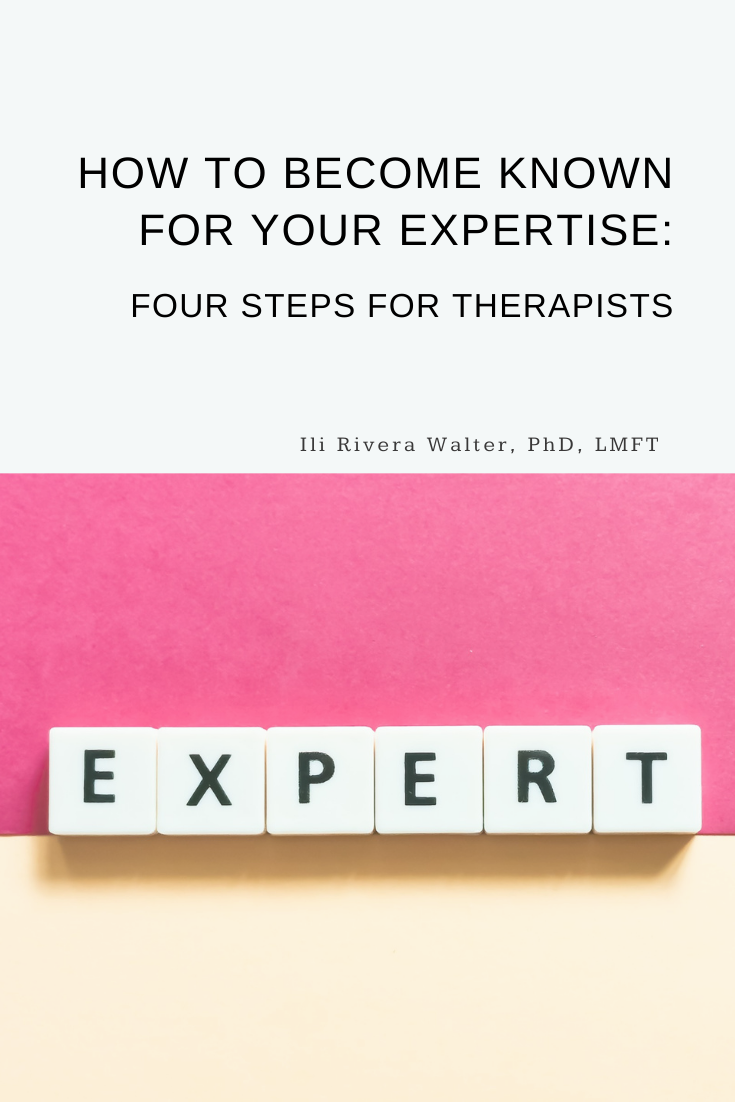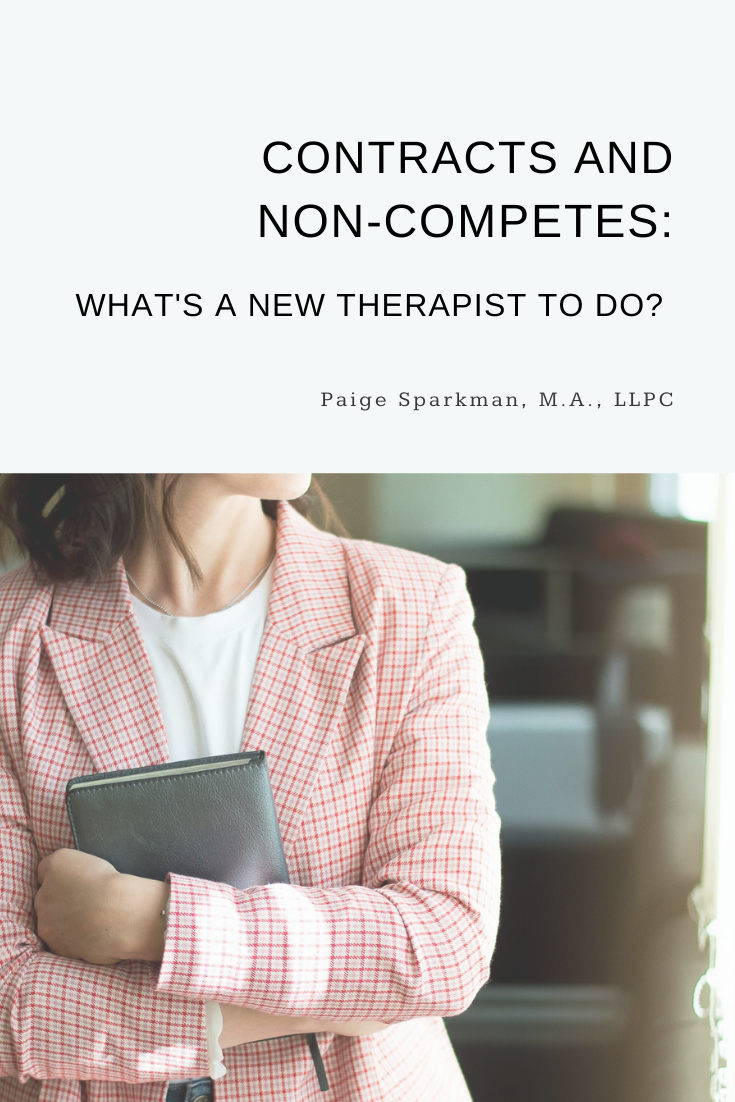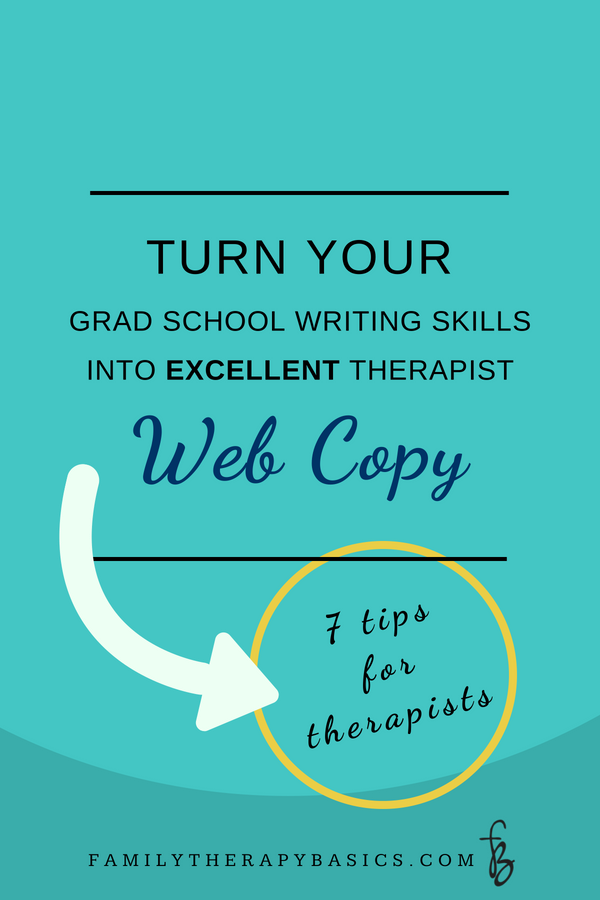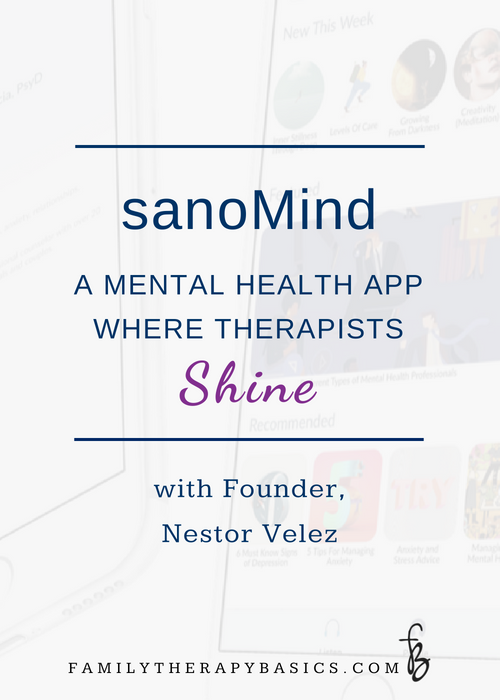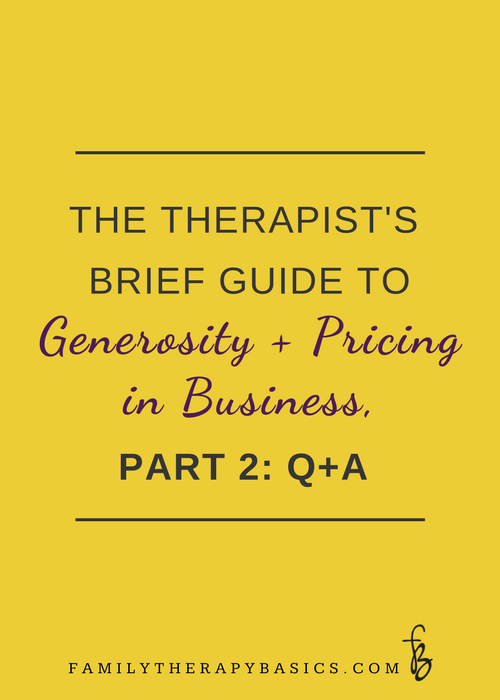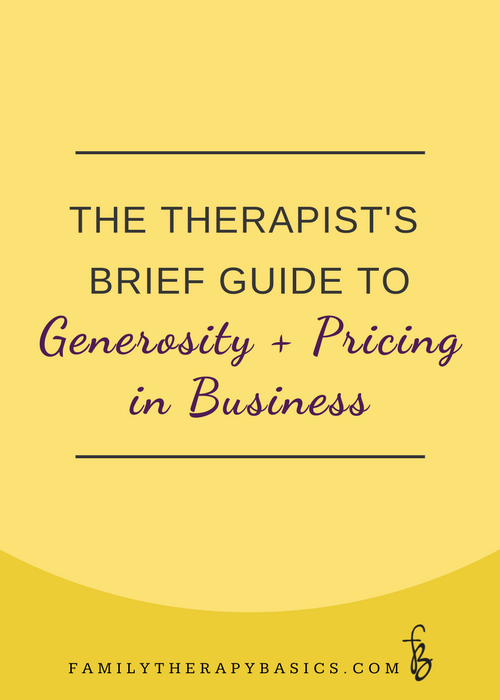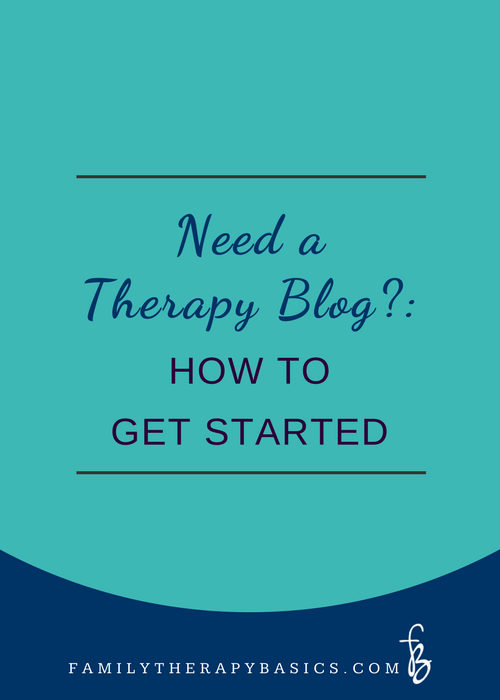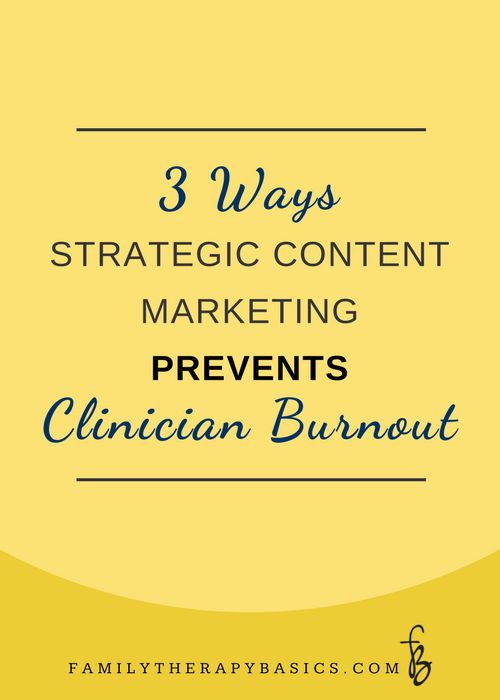This post is by Katie Censky Read, of Katie Read Katie Write.
Hey, Therapist.
You’re a good writer.
Always have been.
You #grammarsnob your Facebook friends with pride.
You’re a human spell check, thank you very much.
So why is no one reading your blog posts?
Why is your website not getting traffic?
It’s time to talk web copy.
Writing for the web is different from all other writing.
This is a whole new skill set.
And if you’re *ahem* over 27, it’s not one you’re used to.
Internet writing can be harder for the highly-educated.
I know, it’s bizarre. But think about it: all those years in school you were trained in proper long-form essay writing.
You kill it at scholarly articles...but scholarly articles don’t kill it online.
The style of writing that earned your seat in that therapist chair will not build you a compelling website.
Here are some tips to improve your online writing:
1 | Everything you did to get A’s on your school papers is out.
Except that perfect spelling. Please use your perfect spelling. The internet needs more of it.
2 | Your sentences.
Are.
Too.
Long.
(And don’t even get me started on your paragraphs.)
When I was editing an online psychology magazine, I felt like most of my job was adding extra periods and hitting the return key.
So many returns, so many times.
Online, even smartpants-types suddenly have the attention spans of gnats. (*Raises hand.*)
We want writing we can take in at a glance and scroll through in seconds, without having to concentrate much.
If your writing is quick, bouncy, energetic—we’ll stick with you.
As soon as we hit a long block of text, we’re out.
3 | Fragments (used well) are totally acceptable.
I have some in here, and you probably barely noticed them. When you trust the writer to use them well, they’re no biggie.
Online writing is a kind of...poetry?
Two things are obvious from this sentence; Shakespeare would kick me if he read it, and I was a high school poetry nerd. (And no, you can’t see the pictures.)
So why do I say that?
When we write online, we are using the white space.
We’re controlling how the reader reads our words.
The cadence.
The speed.
The...emphasis!
Write this way enough and you’ll get frustrated going back the long clunky paragraphs of print work. I poetry-nerd-promise.
So Let’s Improve Your Site
1 | Improve Your Words
Perhaps you want to give your readers tips on overcoming anxiety when it hits. Should you start by saying, “Here are some tips for overcoming anxiety when it hits?”
I mean, for old-school SEO-sticklers, maybe?
But SEO is a long, slow seduction, and you want readers NOW.
If you can tell us very clearly what our pain is and how you might guide us through it, we’ve booked our first appointment by the end of the page.
Maybe it’s a story. An example. A short list of symptoms that anxiety-sufferers instantly resonate with.
You gain immediate authority when you can describe our pain, and we’ll keep reading to hear your solution.
2 | Improve Your Positioning
Everyone is the hero of their own life.
Everyone is Luke looking for a Yoda to guide them to the next stage of development. (Yes, #boymom, all my metaphors are Star Wars and Lego.)
Don’t present yourself as another Luke: present yourself as Yoda.
The guide. The helper. The trusted confidant on the hero’s journey.
When we spend the precious seconds we have to capture a client’s attention listing our accolades, education, and achievements, we’re saying, “I am SO LUKE. Just LOOK AT ME OVER HERE BEING A HERO.”
The truth is, most of us got into this profession because we’re less comfortable in the hero role and more comfortable in the guide role, anyway.
So do what’s natural for you: be the guide. Talk about your client’s journey, and how you might help along the way.
This positioning alone can make all the difference.
3 | Improve Your Readability
The Flesch-Kincaid Readability test immediately calculates the grade level of your text. You can run your text through the test free and in seconds here.
Recommended level for online reading? Third grade.
I confidently ran this blog through the test and found that even this is sixth grade level! (Luckily, you folks are an educated crowd…)
Run your words through and see how they rate.
4 | Clear Before Clever
This is an old adage in marketing. Make your message clear before you try for clever, voice-y writing.
In the case of a website, the repeated message should be, “Call for an Appointment.” Get your contact info on every page, make your booking button clear, and keep aiming your reader back to that main goal.
Do these things and your website will start converting more clients!
Additional Resources for Writing Better Web Copy
If you need instructions on writing a better About Me page, click here.
If you’re stuck on the whole niching question, click here.
To your success!



